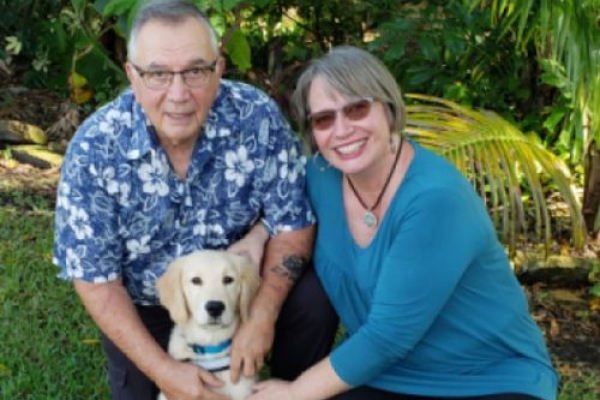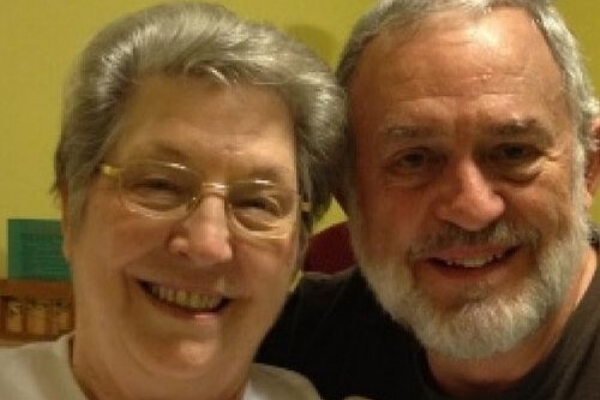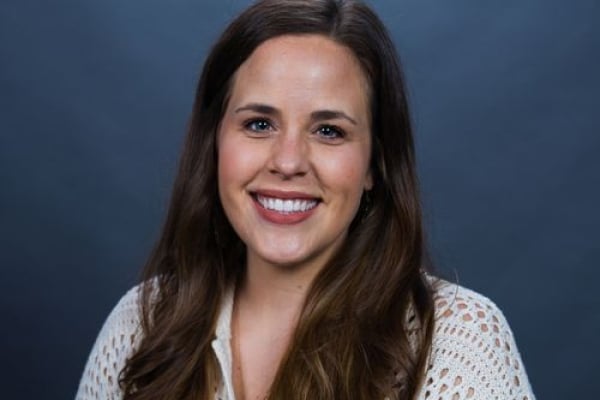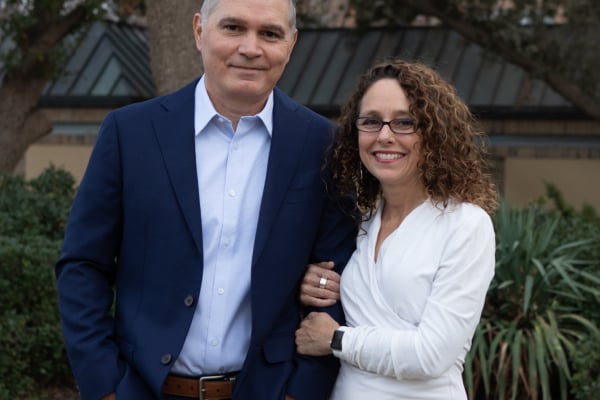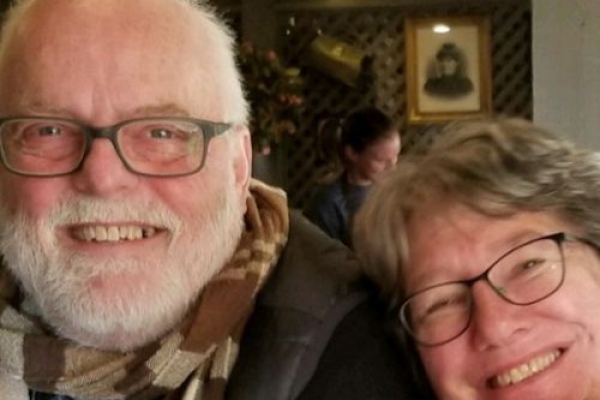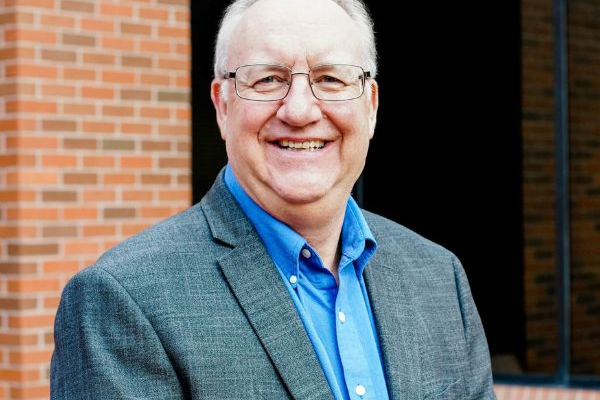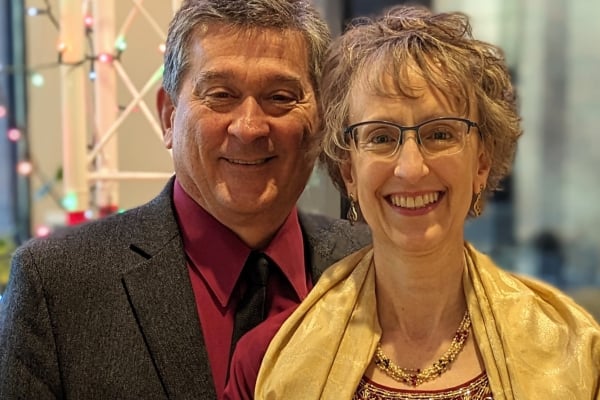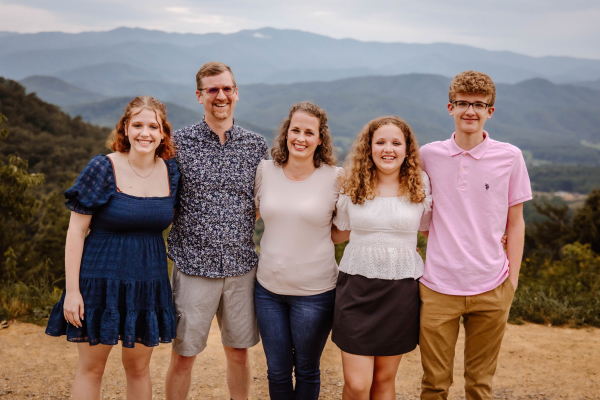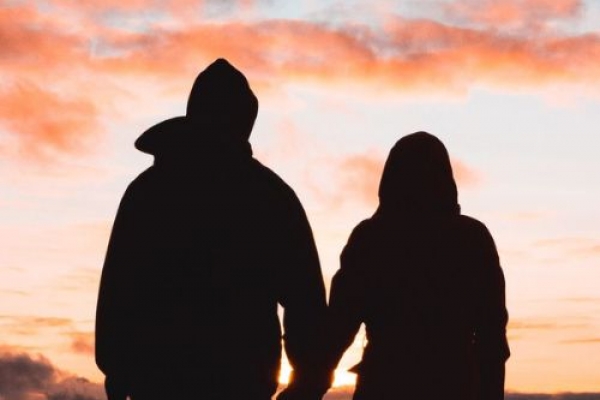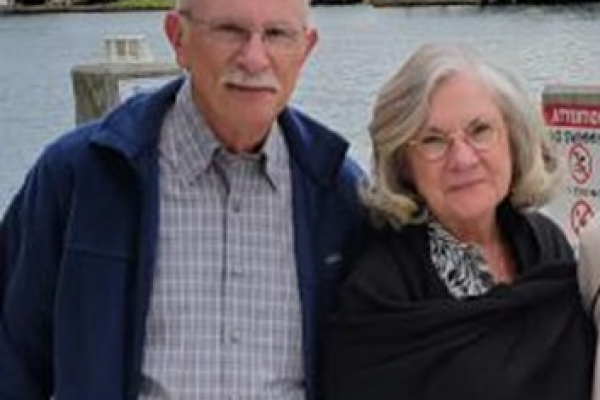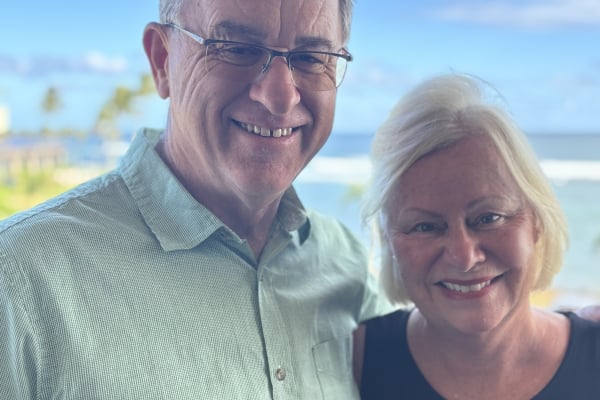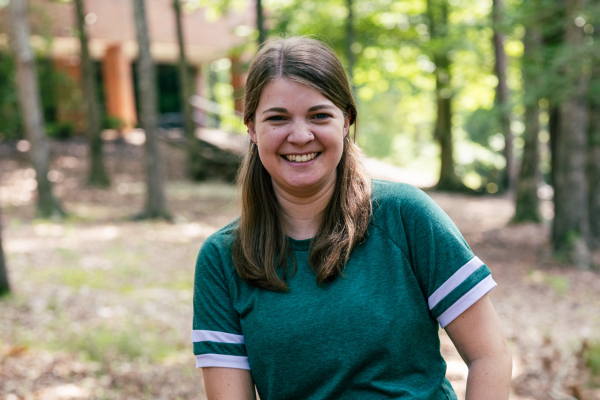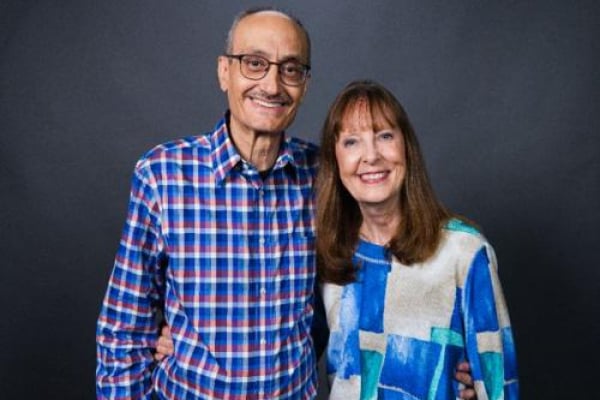
From Fear to Hope Among the Trio
[Estimated reading time: 6 minutes]
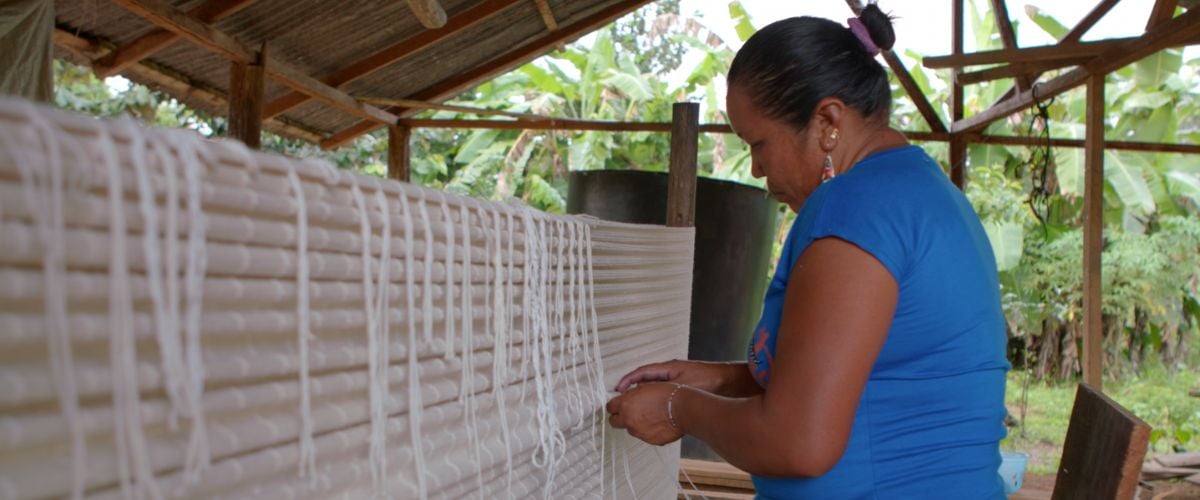
An Indigenous woman sits weaving beneath a shelter in the jungles of Suriname.
When Jim Elliot and four other missionaries were martyred while trying to contact the Waodani tribe of Ecuador on Jan. 8, 1956, many others felt the call to take up the cross and reach out to lost people groups.
Among them were two families who would find themselves among neighboring tribes.
“God just spoke to my heart through that article,” Ivan Schoen explained years later about what he had read in the St. Petersburg (Florida) Times. “It was as though he said, ‘These are the same people that I want you to minister to.’”
Fred and Trudy Vermeulen came to the same conclusion.
“It is because of what happened there that we got interested in tribal work,” Fred said years later about the killings in Ecuador.
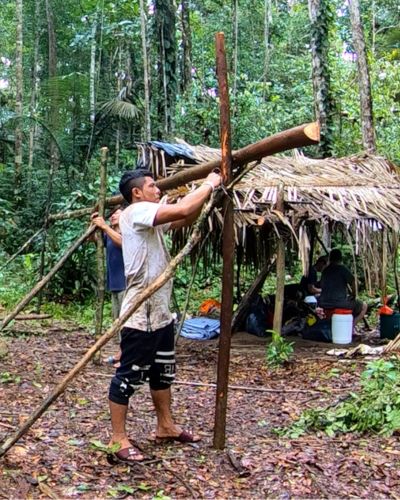 As it happened, neither Ivan and Doris Schoen nor the Vermeulens would be sent to the Waodani. Instead, Ivan and Doris and their three young children would find themselves among the Wayana people of Suriname, in South America. Fred and Trudy and their two young children would serve among the Trio, also in Suriname. The two were distinct tribal groups and historic rivals but intermingled so that to know one was to be aware of the other.
As it happened, neither Ivan and Doris Schoen nor the Vermeulens would be sent to the Waodani. Instead, Ivan and Doris and their three young children would find themselves among the Wayana people of Suriname, in South America. Fred and Trudy and their two young children would serve among the Trio, also in Suriname. The two were distinct tribal groups and historic rivals but intermingled so that to know one was to be aware of the other.
‘We were afraid’
Like the Waodani, both the Wayana and the Trio needed Jesus.
“Before we had God’s Word, our lives were very unfortunate, without hope,” said Shepa, a Trio Indian. “We would use fermented drink to throw up to expel evil spirits from our stomachs. We were afraid of demons. We were afraid they would be angry with us. The elders taught the children that the demons would harm them if they strayed away from the village at night. They’ll shoot you and hit you with their evil spirit arrows.”
The story of how the Schoen family, with three children younger than 5, arrived in the Suriname jungle in 1961 to share Jesus with an unreached people group is told in Lifted, a documentary produced by TWR. The Schoens soon realized that they were living among not one tribe but two. They spoke different languages, and they cut their hair differently.
Time would reveal other differences as well.
“The Trios will eat some things that the Wayana won’t eat,” said Tom Schoen, the youngest of the Schoen children. “The Trios will eat Macaw parrots. They’ll eat capybaras [large rodents native to South America]. They’ll eat male spider monkeys, and the Wayana wouldn’t do that.”
The Trio are more social and like larger villages than the Wayana, Tom Schoen added. “The Wayana say that they were better warriors,” he added with a chuckle. “The Trio may not agree with that.”
The Schoen family were working among the Wayana in the village of Apetina in 1965 when it was time for them to leave on furlough. The family who would replace them for four months were the Vermeulens, who had arrived in Suriname the year before.
Sent to the Trio
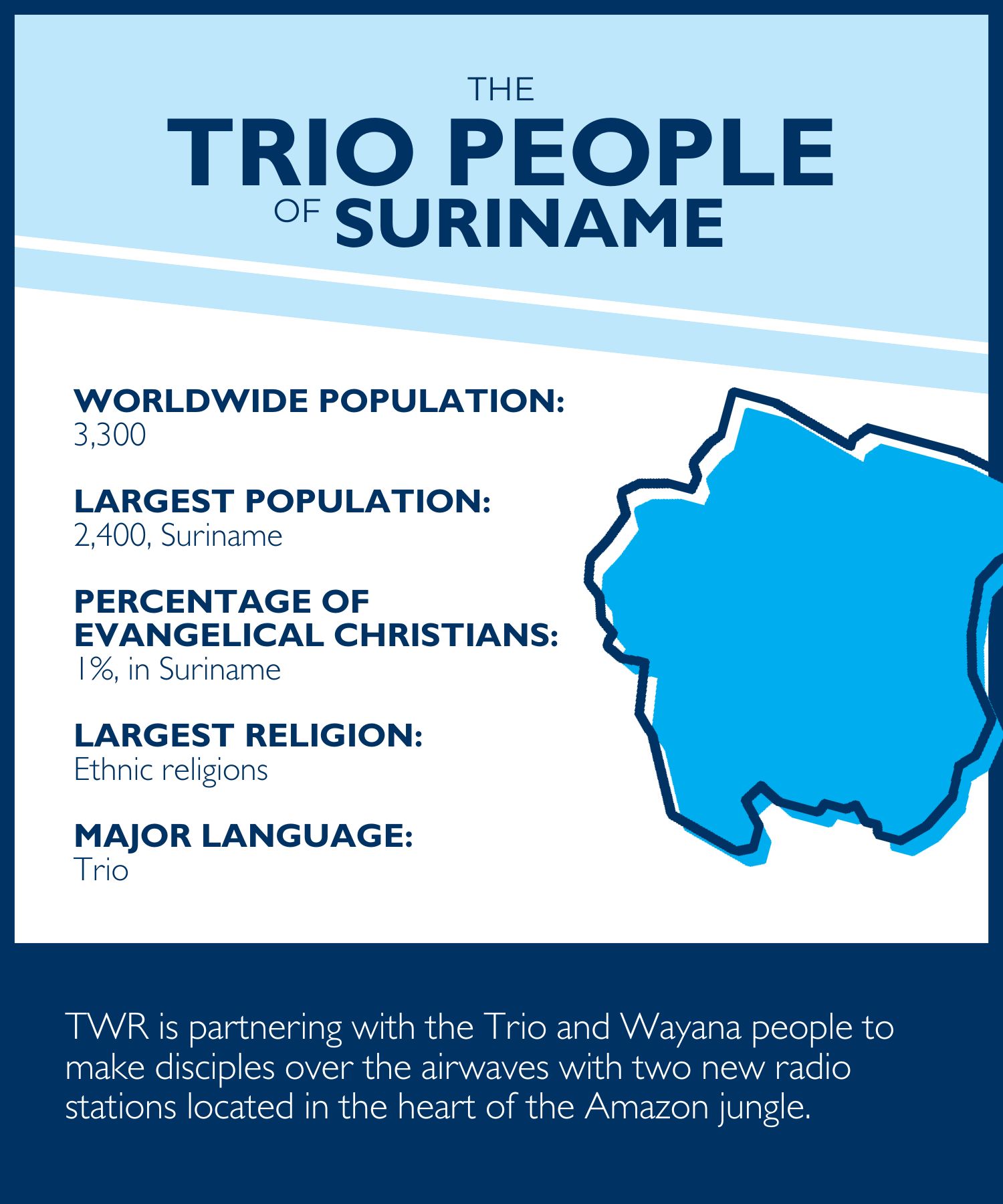 The Vermeulens would go on from there to serve primarily among the Trio, while the Schoens would serve mostly among the Wayana. Ivan Schoen would painstakingly work to translate Scriptures in the Wayana language, culminating in the entire Bible being presented to them.
The Vermeulens would go on from there to serve primarily among the Trio, while the Schoens would serve mostly among the Wayana. Ivan Schoen would painstakingly work to translate Scriptures in the Wayana language, culminating in the entire Bible being presented to them.
When the Vermeulens arrived in the Trio village of Paloemeu, there already were about 70 believers, and the previous missionary had translated the Gospel of Mark into the Trio language. Soon after they came, the entire village moved 40 miles upriver to a place called Toad Rock.
Word traveled to other Trio people, including some in Brazil, who were invited by relatives to come and learn about Jesus. Over a few years, the number of Trio believers grew to 300.
“I accepted Christ when I was working at the Paloemeu airstrip when I was young,” said Shepa, the Trio Indian, who is now 67. “I learned much from the Christian songs and then grew in my understanding of Jesus as we were given God’s Word. That’s how we learned about God’s ways.
“Today I am an elder in the church. Also, I am a worship leader.”
Hope in Toad Rock
The Schoens, accompanied by both Trio and Wayana believers, made contact in the late 1960s with a dwindling tribe called the Akuriyos. When the Akuriyos said they’d like to move to the place “where the food came from,” they were brought to Toad Rock.
The Vermeulens left for other assignments in 1972 but kept being drawn back to the Trio. In 1979, they attended the dedication of the Trio New Testament, and from then on would spend six weeks a year teaching the Bible among their Trio friends. The exception was during the five years of warfare that began with a Surinamese coup in 1986.
The Trio Bible was completed in 2016 and distributed in four villages in 2018 after a donor paid for all of the printing and shipping costs. The Vermeulens visited the Trio in Suriname for the last time in 2016, but they continue to teach the Trio believers via video chat from their home in Minnesota.
The Schoens had hoped to be with the Wayana when their Bible was first presented, but that happened during the height of COVID. They had to watch from home in Texas, a heart-stirring moment that is shown in Lifted.
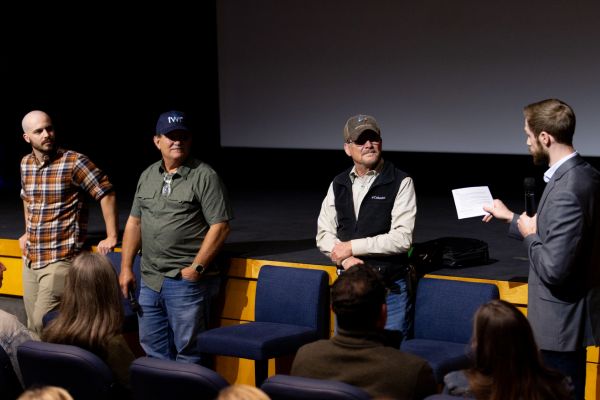 But Tom Schoen, now a TWR missionary, is often in Suriname these days. He’s working with the Wayana and Trio to set up two missionary radio stations, one broadcasting in each language. The tribal elders sought radio as a means to continue discipling those among them who are spreading deeper into the jungle. Radios will be distributed so the Word of God can continue to be taught to precious people whom God called to himself.
But Tom Schoen, now a TWR missionary, is often in Suriname these days. He’s working with the Wayana and Trio to set up two missionary radio stations, one broadcasting in each language. The tribal elders sought radio as a means to continue discipling those among them who are spreading deeper into the jungle. Radios will be distributed so the Word of God can continue to be taught to precious people whom God called to himself.
Many of the Wayana and the Trio can speak both languages, Tom Schoen said, but otherwise they can’t understand each other. Nor, historically, did they like each other.
“They were used to being at war,” Tom said. “And so that’s why the Trio were on one side of the country and the Wayana were all the way over on this side of the country, because they didn’t get along.”
Even by the time the Schoens arrived, the two tribes were starting to mingle, which is why the family encountered both Wayana and Trio. But one thing really brought them together.
“With the gospel, that all changed, you know,” Fred Vermeulen said.
His hope for the Trio and Wayana today: “That they will be involved in reaching other tribes where white missionaries cannot go,” he said. “And they’re doing that right now, praise God.”
To watch the Lifted documentary and see extra footage from the film, go to twr.org/lifted.
Images: (top, banner) An Indigenous woman sits weaving beneath a shelter in the jungles of Suriname, (top, left) An Indigenous man sets up a temporary shelter while traveling through the Amazon jungle in Suriname, (middle, right) Facts and figures gathered from TWR and Joshua Project, (bottom, left) From left to right, Christian Schoen, Tom Schoen and Dan Schoen speak with TWR Vice President of Digital Ministry Tyler Church at a live Q&A following the premiere of the documentary, Lifted.
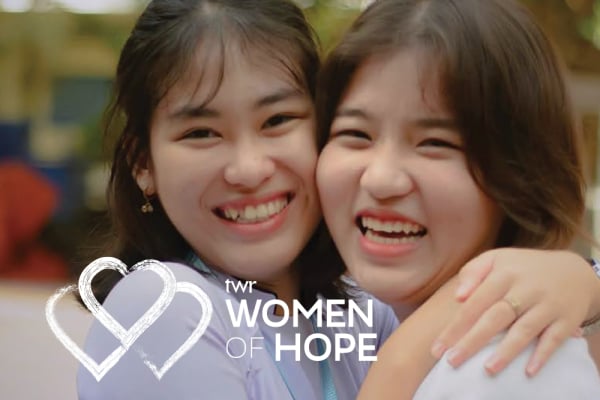


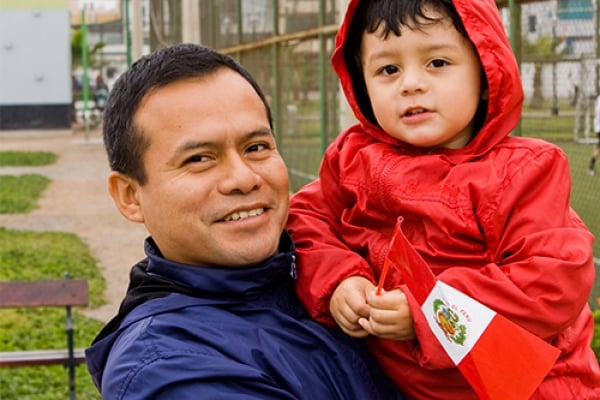

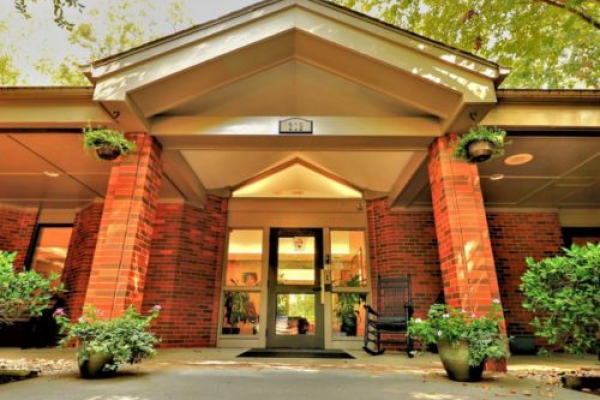

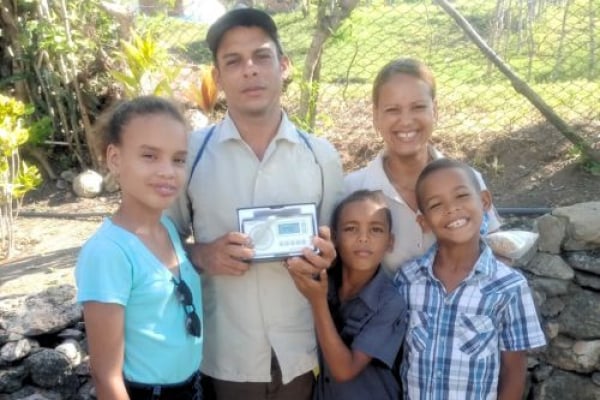
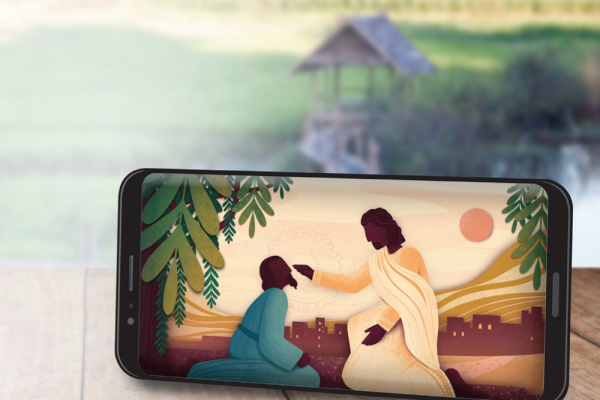
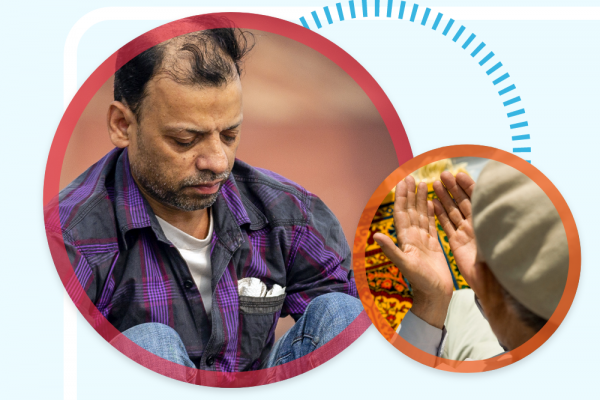

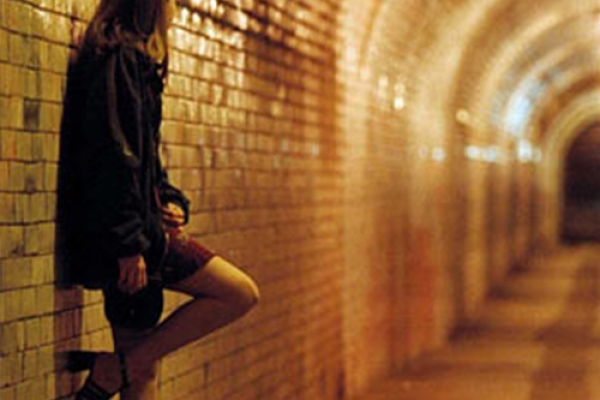
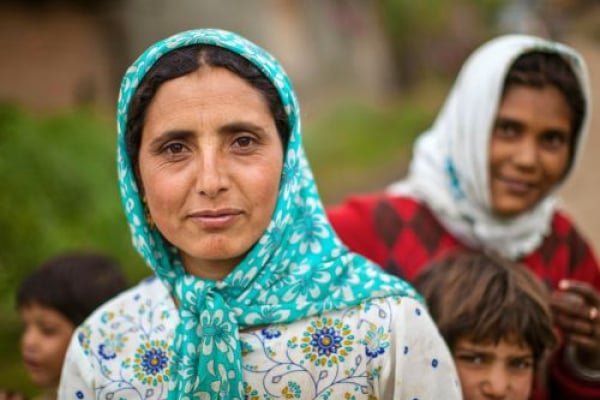

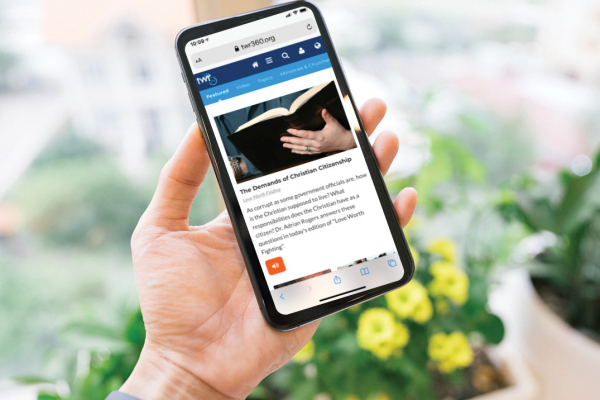
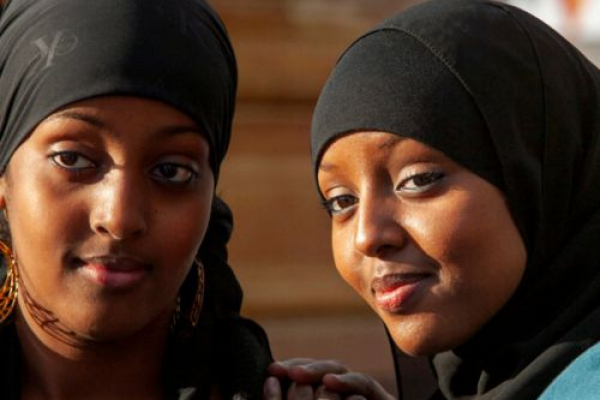
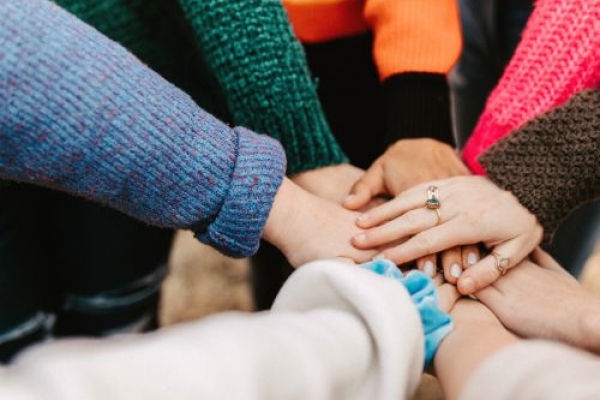


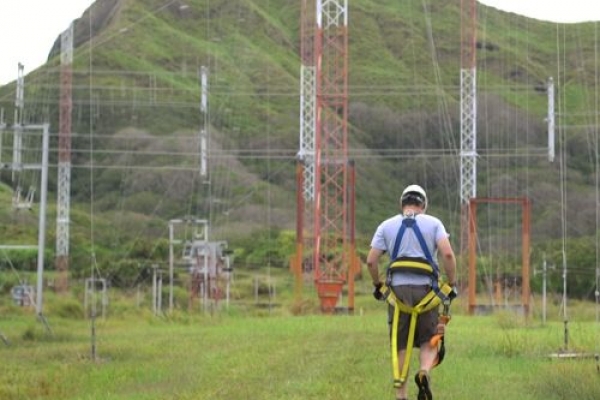
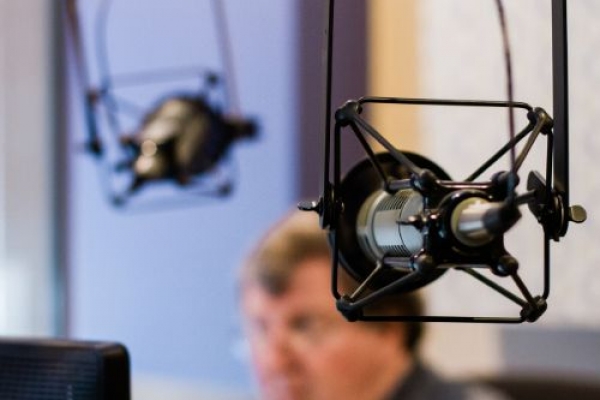

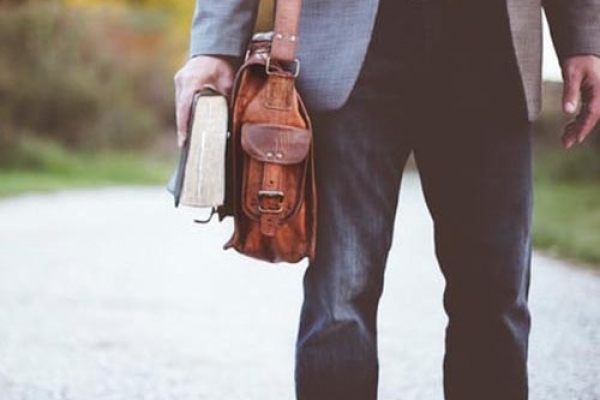
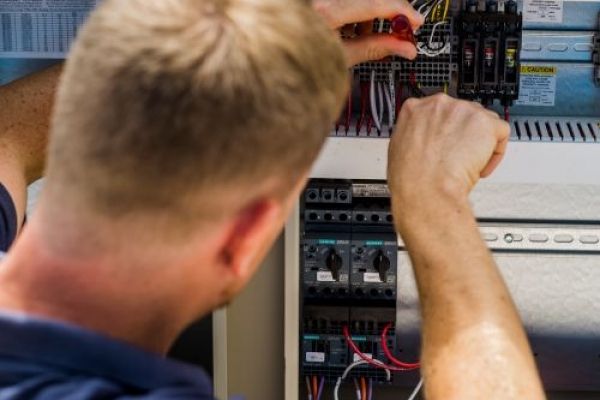

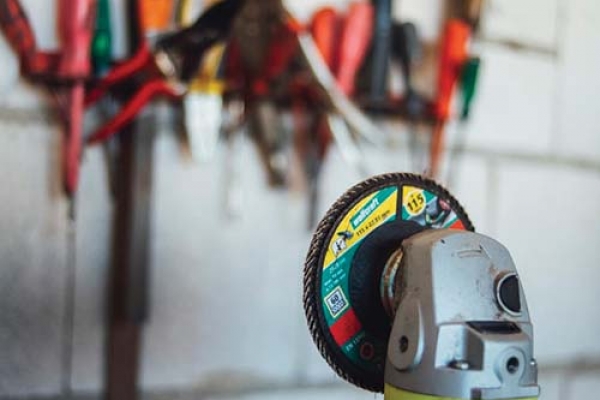

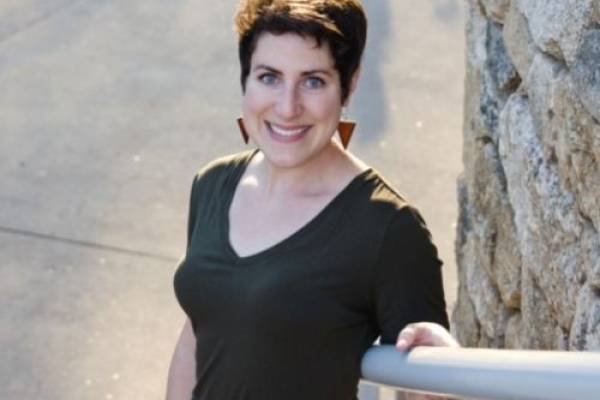
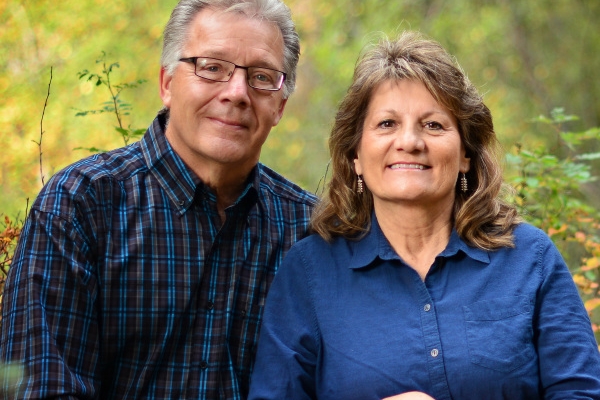
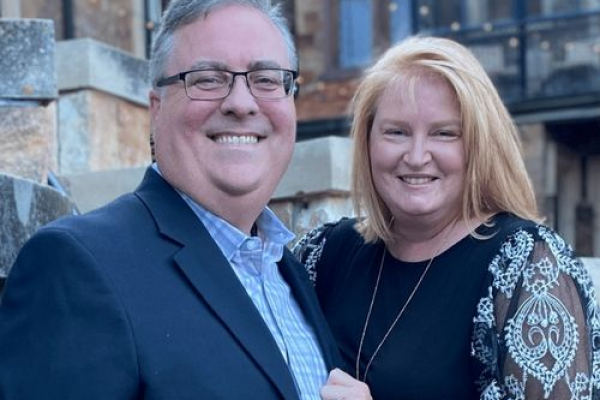
_1632772235_600x400.jpg)
